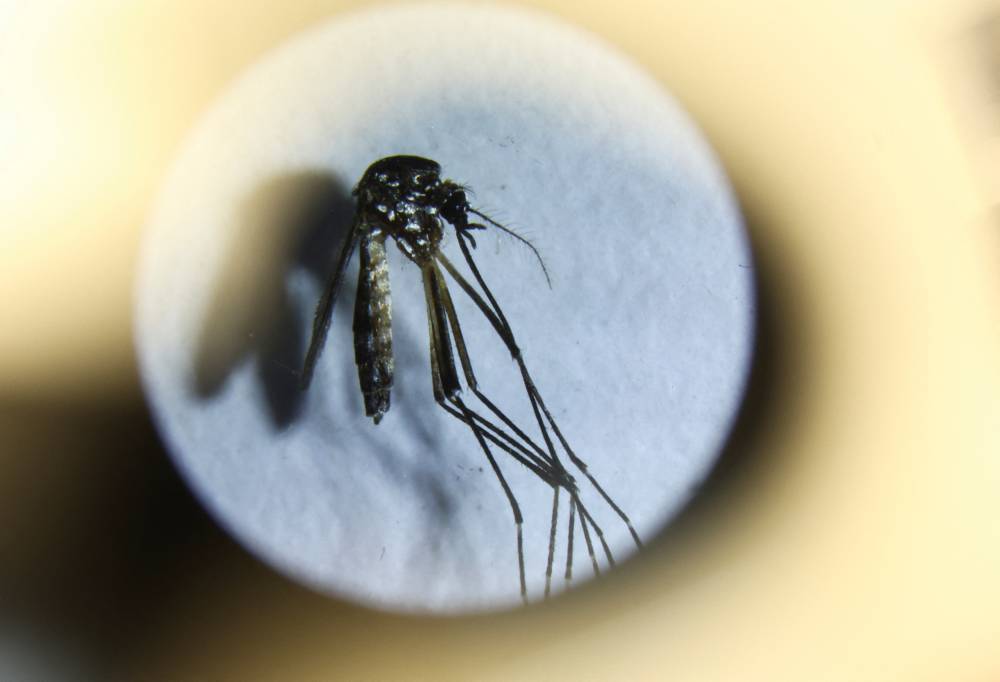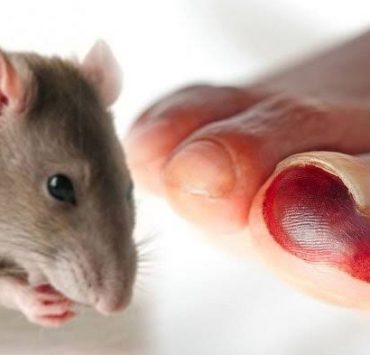Iloilo on alert due to alarming rise in dengue cases

ILOILO CITY – The Iloilo Provincial Health Office (IPHO) is on alert as dengue cases in the province have skyrocketed in the past seven months.
The Iloilo Provincial Health Office (IPHO) recorded 3,608 cases of the mosquito-borne disease from Jan. 1 to Aug. 3, three times higher than the 981 cases recorded over the same period last year.
Six persons also died due to dengue in the province in the first half of 2024 compared to the two fatalities in the entire 2023.
The sudden increase in dengue cases has alarmed local health officials, prompting discussions on declaring a province-wide outbreak.
From July 28 to Aug. 3 alone, the province logged 661 new dengue cases, according to the IPHO.
Dr. Maria Socorro Quiñon, IPHO head, said data from the Provincial Epidemiology and Surveillance Unit (Pesu) revealed that 36 of the 43 municipalities in the province breached the alert and epidemic thresholds.
Potential epidemic
“Breaching the alert threshold indicates a level of disease occurrence that serves as an early warning for a potential epidemic, while the epidemic threshold signifies a level of occurrence that necessitates an urgent response,” Quiñon explained.
“Consequently, we are planning to declare an outbreak and have already submitted the necessary report to the Department of Health (DOH) to facilitate the declaration of a province-wide outbreak,” she added.
Passi City remained the most severely affected area, followed by the municipalities of Dingle, Lambunao, Oton, Dumangas, Calinog, Badiangan, Janiuay, Barotac Nuevo and Miagao.
She emphasized the need for a “whole-of-society approach” to tackle the outbreak effectively, noting that the IPHO has already submitted a report to the DOH and is awaiting further instructions.
In response to the crisis, provincial officials collaborate with local governments, health offices, and disaster risk reduction and management teams to implement a coordinated and comprehensive response.
The IPHO has intensified dengue control measures, emphasizing the need to search and destroy mosquito breeding sites, secure self-protection, seek early consultation, support fogging in hotspot areas, and sustain hydration.
It is also collaborating with the Department of Education to integrate anti-dengue campaigns in schools.
Dengue is an infection caused by the Aedes aegypti mosquito. The infection triggers a severe flu-like illness often followed by a severe drop in an infected person’s platelet count.
Among other symptoms are severe headache, pain behind the eyes, full-body aches, nausea, vomiting, swollen glands or rashes.

















